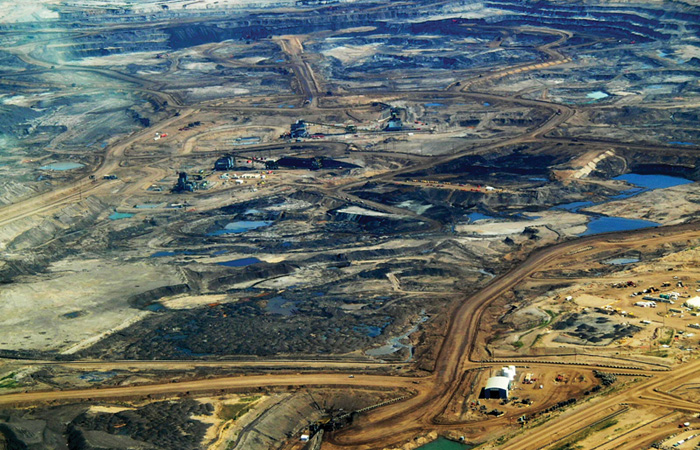Last week I again found myself waiting at a railway crossing, waiting for a train carrying oil to pass. As I waited, I got to thinking. Such trains were a rarity just a few years ago, but they are becoming increasingly common. We are told this increase in rail traffic is occurring because there is a lack of pipeline capacity. Without pipelines, the only way to move the oil is by rail. We are pointed to the Trans-Mountain Expansion Project, the Enbridge Northern Gateway Project, Keystone XL Project, all pipeline projects on hold.
And then we are told that the world price of oil is OK, but the price of Alberta oil is at an all time low – one third the price of Texas crude. The reason for this price differential is overproduction in Alberta. There is a bottleneck – transportation. I have no idea how the owners of the existing pipelines decide prioritize the use their pipeline, nor do I know how access to the existing pipeline is priced. It seems to me there ought to be somebody out there, owning a pipeline, who’s pretty happy about the demand for what he has – a pipeline.
But here’s what I don’t understand. There are currently four pipelines taking oil out of Alberta. These were all built to some time ago to facilitate the export of oil that could simply be pumped out of the ground. These pipelines were built at a time when we did not know about oil spills and about moonscapes where oil had been extracted. They were built at a time when we knew little about global warming and were not thinking about life after oil. There was no need for giant trucks, no need for giant open pit mines, etc. Just drill, install a pump and pump. Alberta did well pumping that oil through those four pipelines. Canada did well too.
Now that oil, the oil that could just be pumped, is on decline. Now the oil of significance is oil mixed up with sand. To make it useful requires huge open pit mines, monster trucks, a steam process, dilution with dilbit, and what not! But now the four existing pipelines are not enough. Now we need more pipelines – not so the oil sector can continue to export oil as it has been, but so the oil sector can export oil in greater volume. Why do we need greater volume?
So why is the price of Alberta oil so low? In my opinion it is because the oil companies gambled that the pipelines they wanted would be built on their schedule. Anticipating that these pipelines would be built, it made sense to increase the oil extraction capacity. But here’s the problem. Earlier in the evolution of the oil industry, it was relatiely very easy to increase oil extraction capacity – drill, install a pump and pump. Then it was a relatively easy matter to adjust the volume pumped to the demand. But today, in the oil sands, the investment in trucks, loaders, steamers, etc. Is huge, so it’s much more difficult to reduce output. If the oil company reduces output, how will it pay for all this investment?
So the oil companies gambled, and it seems they have lost.
Government, of course, also has not been innocent. Our previous Prime Minister, Stephen Harper, made it his business to promote the extraction of oil. He anticipated that the price of oil would only go up. We all anticipated that. He also did not anticipate the opposition to pipeline construction. His successor, Justin Trudeau, now needs to deal with a very frustrated oil industry and oil province on the one hand, and, on the other hand, an increasing caution as to the wisdom of building pipelines. Trudeau’s chosen response seems to be for the government to bail out the oil industry. I think this is a mistake. The government of Alberta is spending large amounts of taxpayer money on advertising in an effort to convince us that our future depends on pipelines.
Many forces are coming together, moving us towards a post oil economy. We will all need to find a way of living without cheap, readily accessible oil sooner or later. That move will not be easy. The current turmoil in Canada’s oil patch is merely an early harbinger of things to come.




